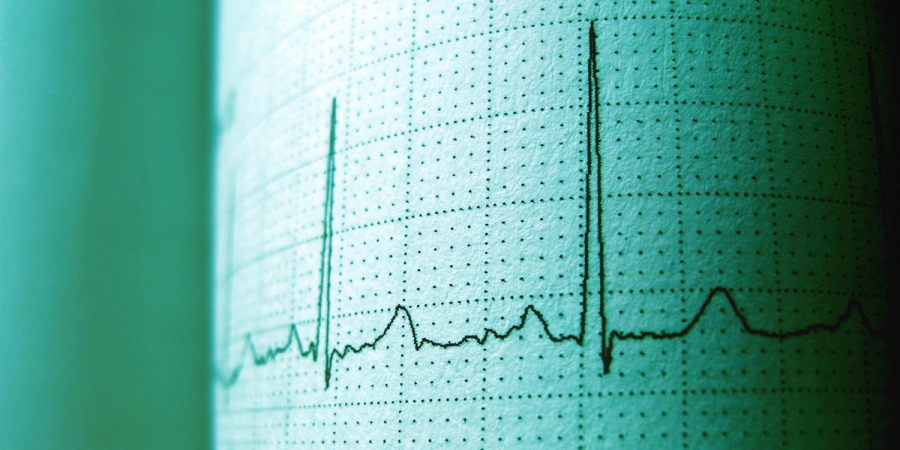
Photo: Luan Rezende

Photo: Luan Rezende
Parapsychology is a field of study that explores phenomena beyond the scope of traditional scientific understanding. It primarily focuses on experiences and events that cannot be easily explained by conventional scientific principles. These phenomena often include telepathy, clairvoyance, psychokinesis, and other psychic abilities, as well as life-after-death experiences, such as ghosts and hauntings.
The term parapsychology comes from the Greek words 'para', meaning 'beside' or 'beyond', and 'psychology', which is the study of the mind. So, parapsychology can be understood as the study of mental phenomena that are beyond the ordinary. This field of research began in earnest in the late 19th and early 20th centuries, when scientists and scholars began investigating reports of strange occurrences that couldn't be explained by the laws of nature at the time.
Parapsychologists often conduct experiments and field studies to gather evidence and better understand these mysterious events. For example, in the case of telepathy, which is the ability to communicate thoughts directly from one mind to another without using any of the known human senses, researchers might test whether individuals can send and receive specific thoughts or images under controlled conditions. Similarly, when studying psychokinesis, which is the ability to move objects using only the mind, scientists might observe whether participants can influence physical objects without physical interaction.
Despite the intriguing nature of parapsychology, it remains a controversial field and is often regarded as pseudoscience by the mainstream scientific community. This label stems from several factors, including the lack of conclusive evidence and the nature of the phenomena it investigates, which many scientists find inherently implausible.
One of the main criticisms is the difficulty of replicating experimental results. Scientific experiments are expected to yield consistent results when repeated under the same conditions. However, many parapsychological studies have faced issues with replicability, leading skeptics to question their validity.
Despite these criticisms, proponents of parapsychology argue that it is a legitimate field of study that addresses important questions about human consciousness and the limits of our understanding. After all, parapsychology is a valid academic field. Although it is not as widely available as more traditional scientific disciplines, several institutions around the world offer courses, degrees, and certifications in parapsychology.
In the United Kingdom, for example, the University of Edinburgh offers a well-known programme through its Koestler Parapsychology Unit, where students study various aspects of parapsychology. Similarly, Coventry University offers courses related to anomalous experiences and paranormal psychology. In the United States, there are fewer formal academic options, but some institutions conduct research and offer training opportunities in parapsychology.
Earning a qualification in parapsychology typically involves studying a combination of psychology, research methods, and specific topics related to the paranormal. The study of unusual claims and paranormal experiences using this multidisciplinary approach allows researchers to gain valuable insights into how people perceive and interpret the world around them. By examining why people believe in paranormal phenomena, researchers can uncover the underlying cognitive and emotional factors that drive these beliefs.
Investigating claims of telepathy, clairvoyance, and other psychic abilities challenges researchers to consider the boundaries of human perception. Even if these phenomena are not proven to exist, studying them encourages the development of new theories about how the brain processes information and how individuals experience reality.
Many paranormal experiences can be explained by the power of suggestion, where individuals perceive phenomena based on their expectations or the influence of others. Studying these effects helps psychologists understand how suggestibility influences behaviour and perception.
Parapsychology also intersects with ghost hunting, primarily by studying the psychological factors that influence how people perceive and interpret these unusual experiences. Parapsychologists focus on understanding the underlying mental and emotional processes that lead individuals to believe they are encountering supernatural phenomena, such as ghosts.
They explore cognitive biases, such as confirmation bias, where individuals may selectively notice and remember information that supports their beliefs in the paranormal while disregarding evidence to the contrary. By studying these psychological tendencies, parapsychologists can explain why people might perceive ordinary occurrences as ghostly encounters.
By studying these and other unusual claims and experiences, parapsychologists contribute to a broader understanding of psychology, demonstrating that even the most unconventional fields can provide meaningful insights into the human condition.
More Essential Parapsychology
See All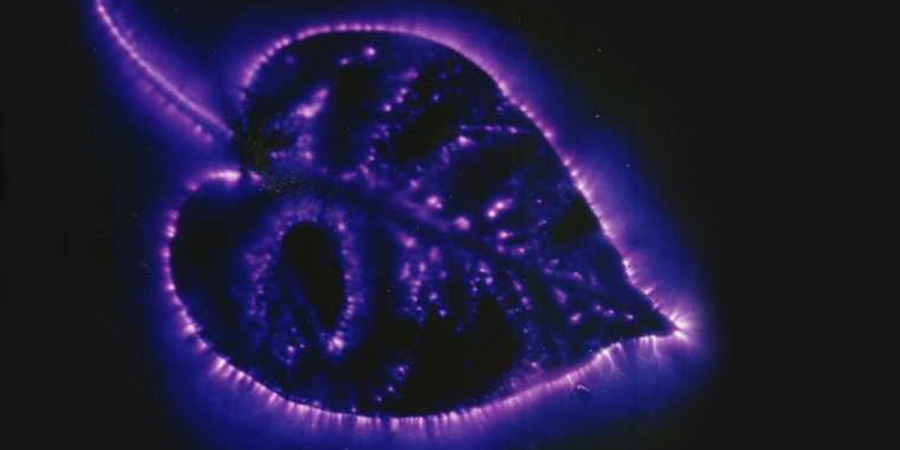
ArrayOctober 11, 2024
The Reality Behind Kirlian Photography’s Glowing Auras

ArrayOctober 07, 2024
Could Retroactive Psychokinesis Allow Us To Influence The Past?

ArrayOctober 05, 2024
What Spontaneous Cases Are & Why Parapsychologists Research Them
Further Reading
Dive into the world of the paranormal and unexplained with books by Higgypop creator and writer Steve Higgins.

The Rational Demonologist
An exploration of demonic activity, including possession, protection, and exorcism.
Buy Now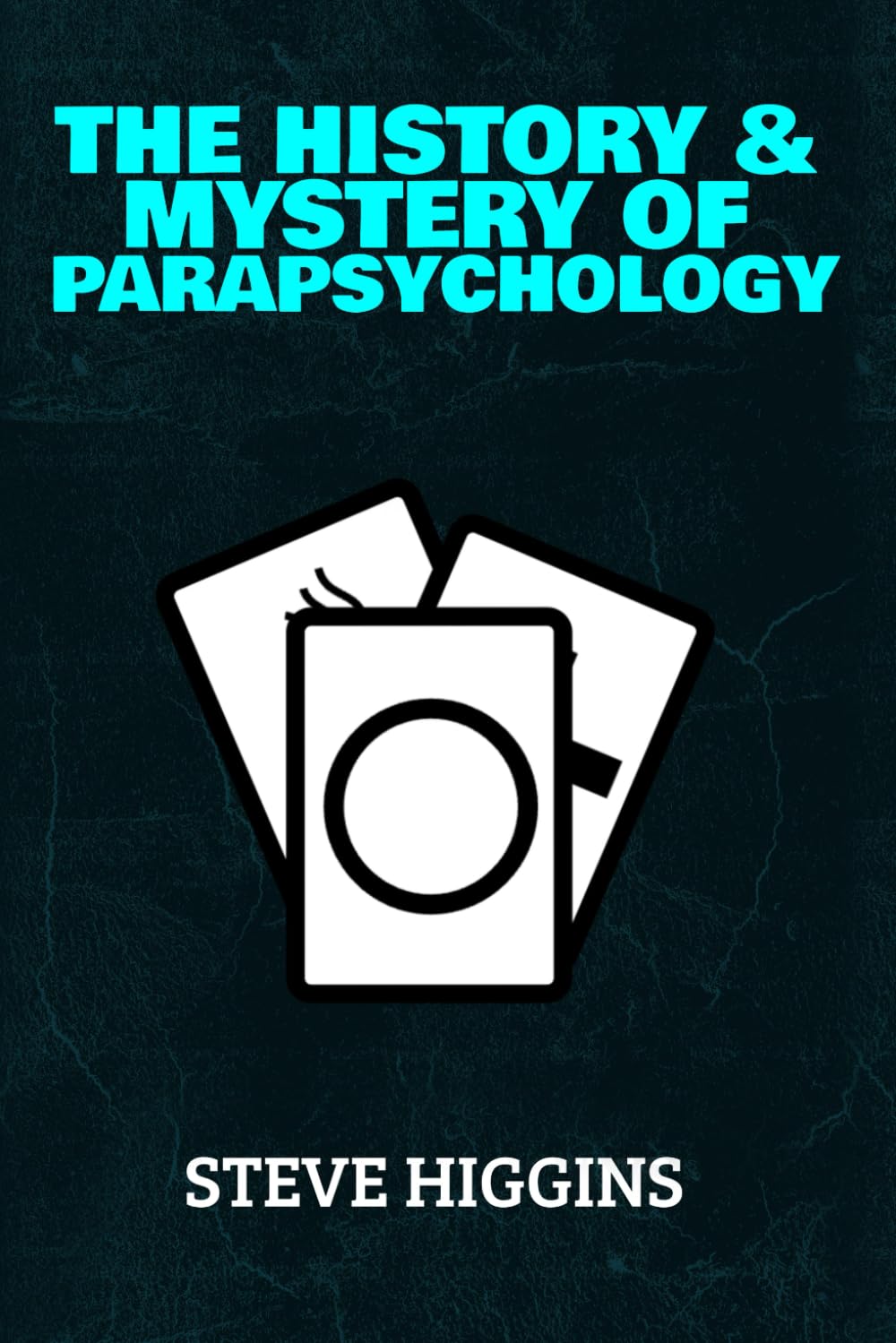
The History & Mystery Of Parapsychology
A deep dive into paranormal phenomena, exploring history, science, and psychology.
Buy NowMore Like This
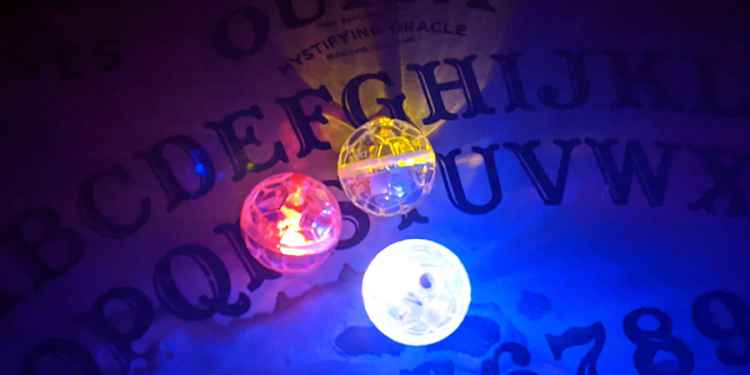
Ghost HuntingJanuary 26, 2025
These Are The Ghost Hunting Gadgets You Should Avoid If You Want To Be Taken Seriously As An Investigator
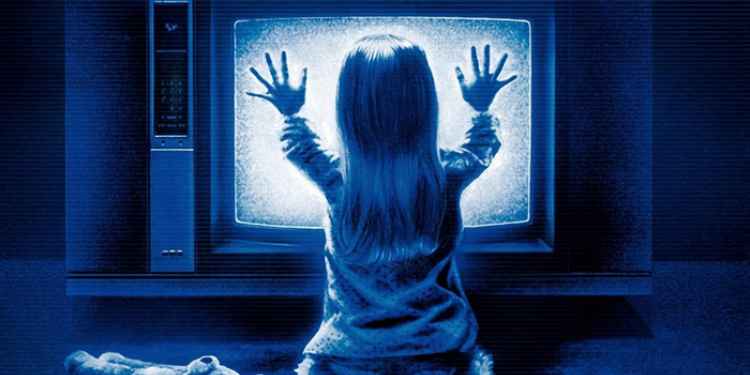
GamesDecember 09, 2024
Poltergeist Quiz
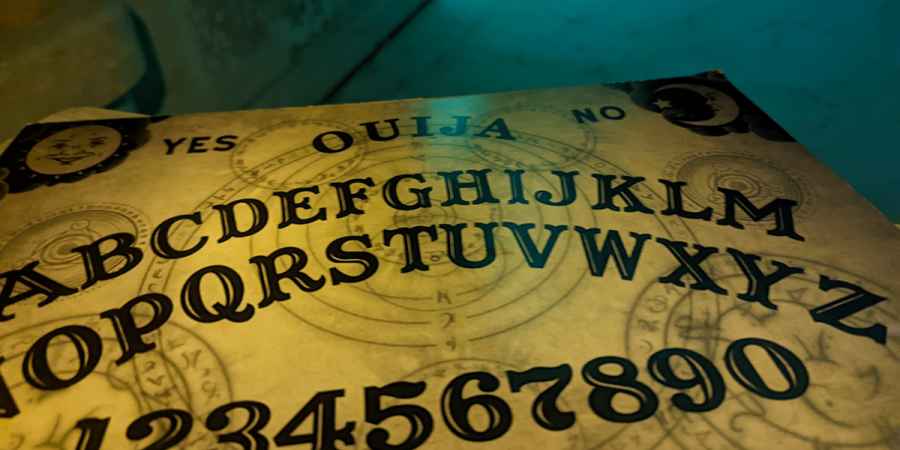
GamesDecember 08, 2024
Ouija Board Trivia Challenge
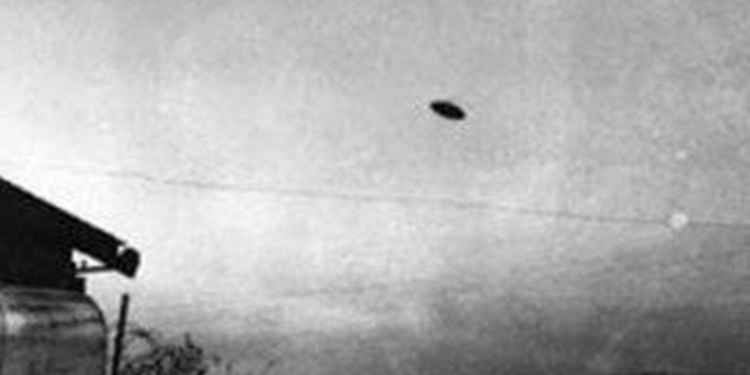
GamesDecember 04, 2024
Fakes, Hoaxes & Debunked Paranormal Claims Quiz
 See More on Audible
See More on Audible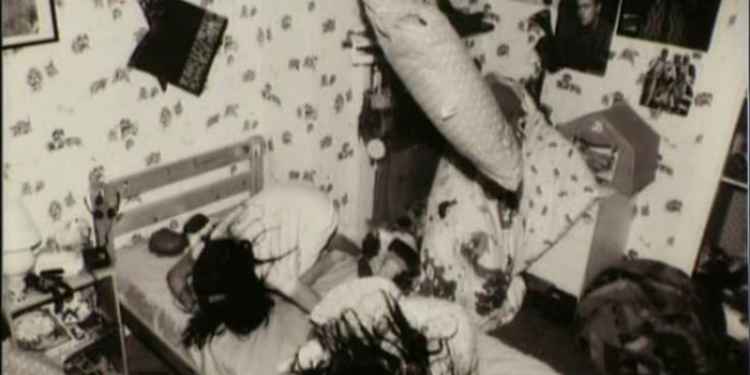

Comments
Want To Join The Conversation?
Sign in or create an account to leave a comment.
Sign In
Create Account
Account Settings
Be the first to comment.